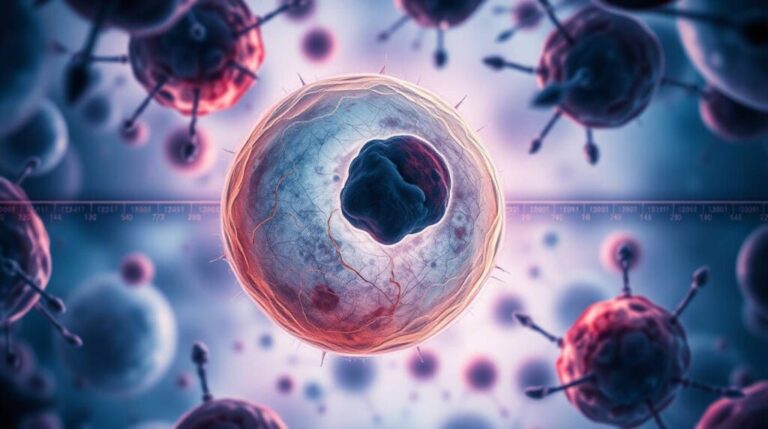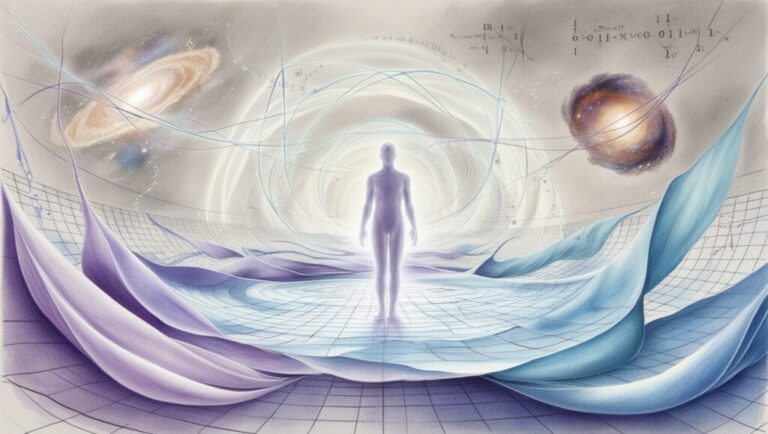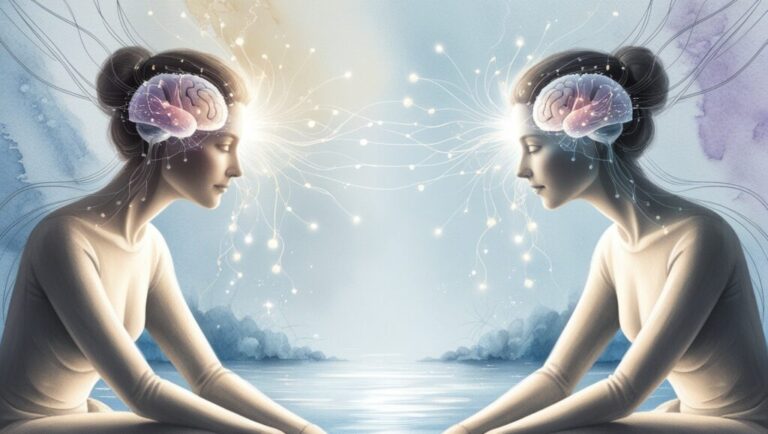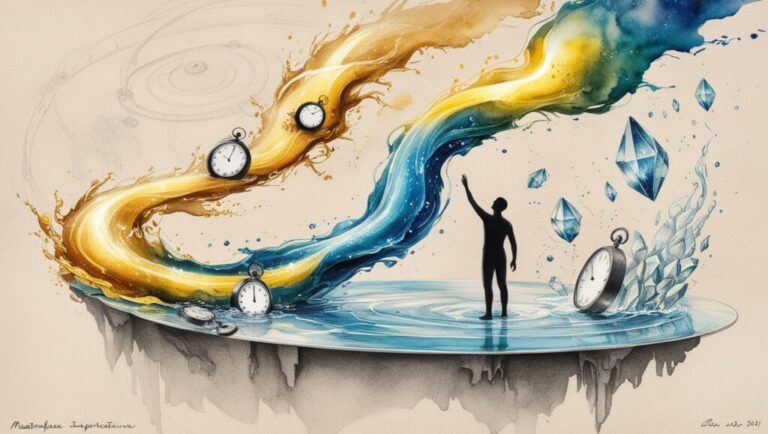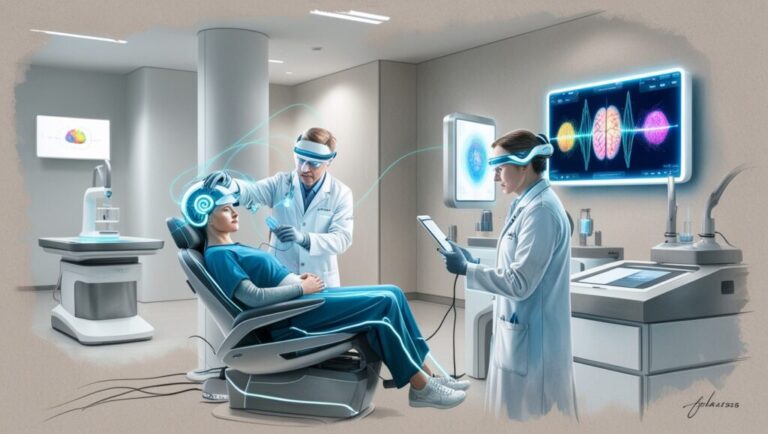What If DNA Could Store All Human Knowledge 2025
What If DNA Could Store All Human Knowledge 2025
Imagine a future where the entire scope of human knowledge — every book, every film, every scientific discovery, and every moment of recorded history — could be encoded and stored inside something as small and essential as a strand of DNA. This idea is no longer purely science fiction. It is based on emerging scientific breakthroughs that combine the powers of biotechnology and information science. So, what would the world look like if DNA could really store all human knowledge?
Let’s dive deep into the concept, its implications, and the possibilities it might unlock for the future of information, humanity, and even consciousness itself.
Understanding DNA as a Data Storage Medium
DNA, the molecule that carries genetic instructions in all living organisms, is incredibly dense when it comes to information storage. Just four nucleotide bases — adenine (A), thymine (T), cytosine (C), and guanine (G) — can be arranged in sequences that represent binary data (0s and 1s), much like the data stored on your phone or computer.
In fact, researchers have already successfully encoded images, videos, entire books, and even operating systems into strands of synthetic DNA. For example, in a famous experiment, scientists encoded Shakespeare’s sonnets, an audio file of Martin Luther King Jr.’s “I Have a Dream” speech, and a JPEG image of the Mona Lisa into DNA and retrieved it back with nearly perfect accuracy.
The Benefits of Using DNA to Store Human Knowledge
Storing data in DNA comes with several major advantages over traditional digital storage systems:
- 🧬 Extreme Density: DNA can store up to 215 petabytes (215 million gigabytes) per gram.
- 🧬 Longevity: DNA can last for thousands of years if stored in a cool, dry place. Digital hard drives, in contrast, degrade after a few decades.
- 🧬 Stability: Unlike magnetic tapes or SSDs that are prone to failure, DNA remains chemically stable for centuries.
- 🧬 Universality: DNA is universal, meaning it can be read and copied by any biological system — making it a kind of “future-proof” data format.
Now, imagine being able to store the entire internet inside a test tube. This is not a metaphor — it’s a real projection of future possibilities.
How Would This Work in Practice?
To make DNA storage practical on a global scale, a few technical challenges would need to be solved:
- Encoding data into DNA involves converting binary code into sequences of A, T, C, and G.
- Synthetic DNA is created using chemical processes that place these sequences in the desired order.
- Reading the information back requires sequencing the DNA and decoding it into digital data.
At present, this process is expensive and slow. However, rapid advances in biotechnology and AI-driven lab automation are reducing both cost and time. Within a few decades, we could see commercial DNA data storage systems as viable alternatives to cloud storage and hard drives.
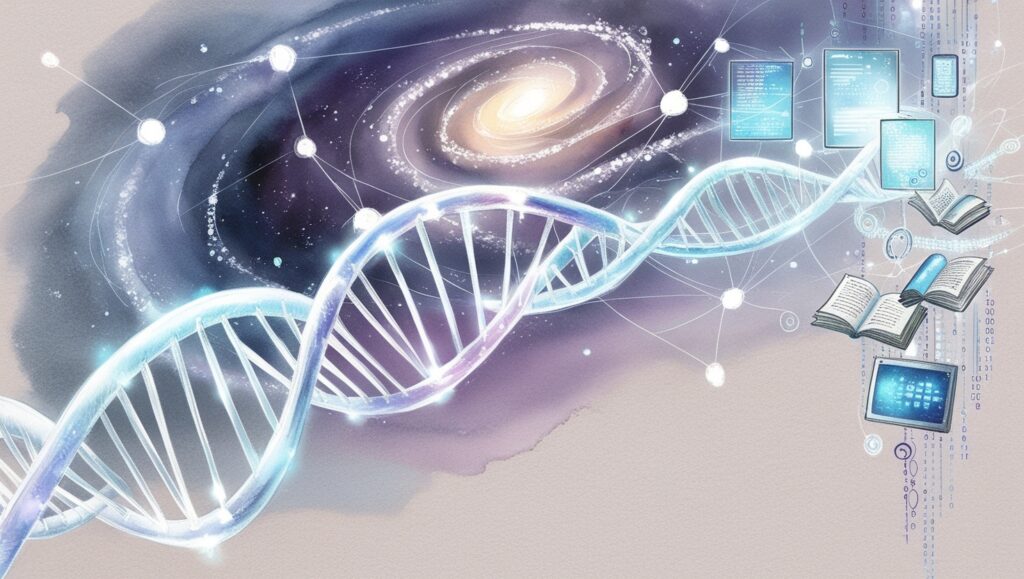
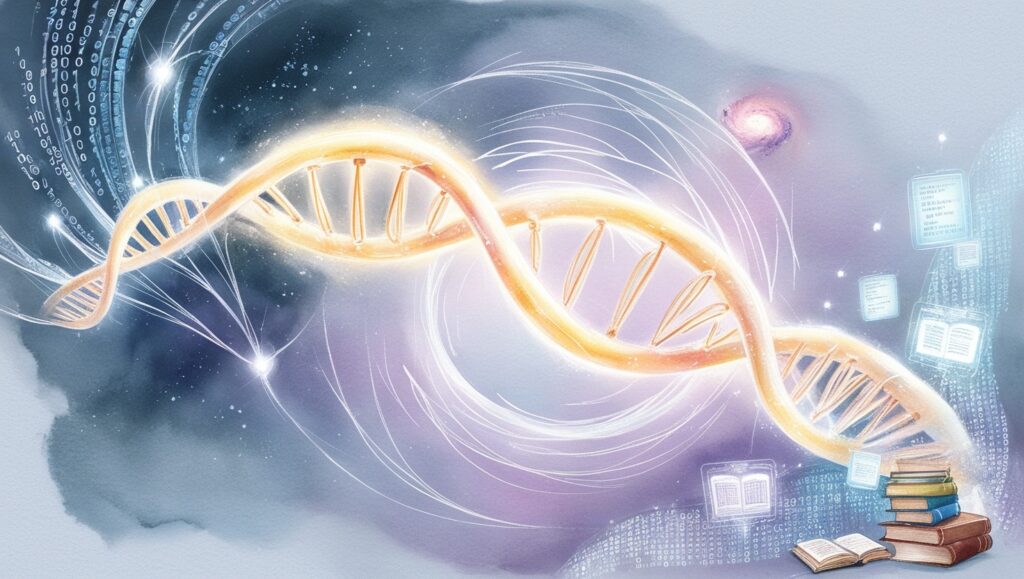
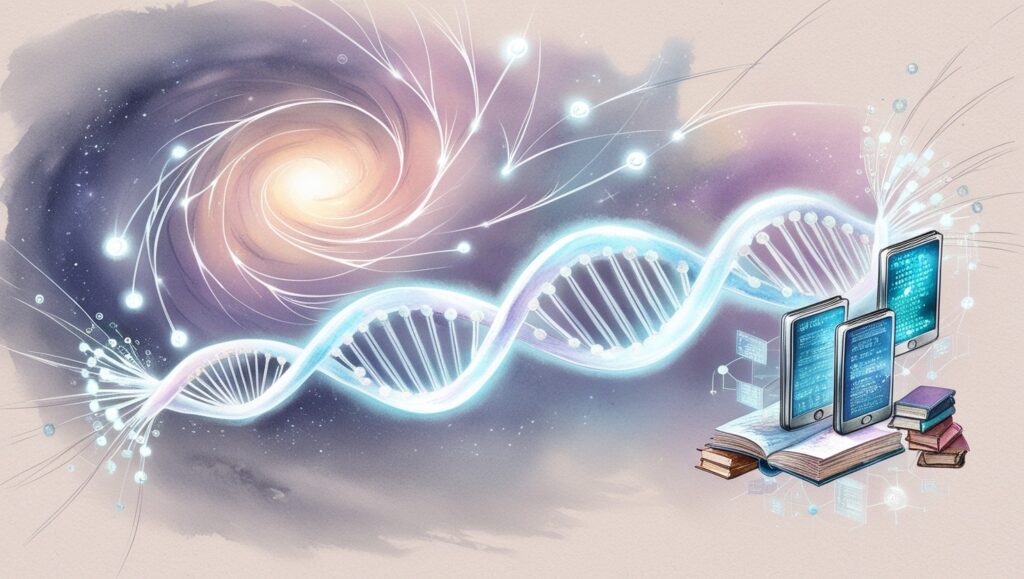
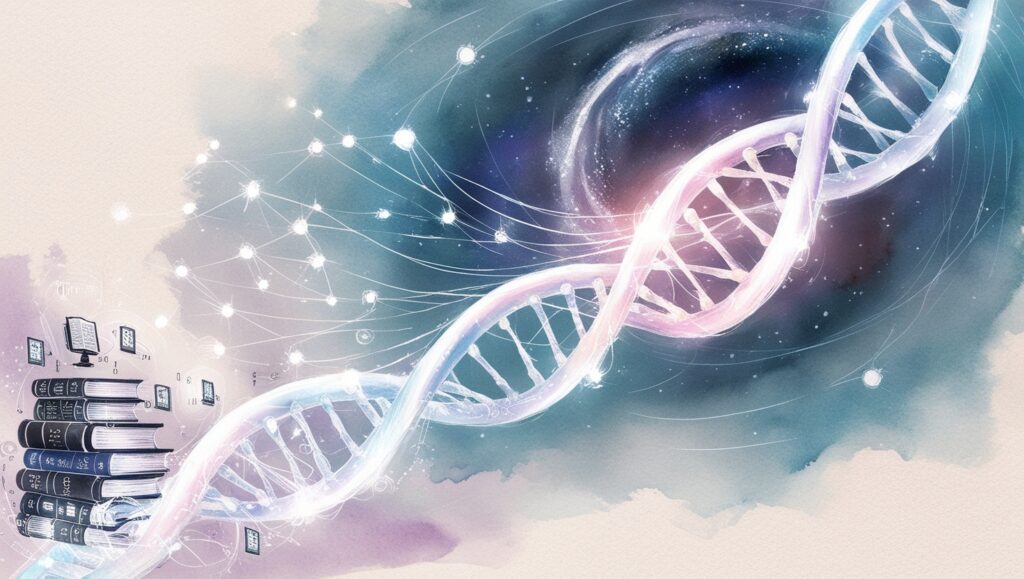
Social and Scientific Implications
If DNA becomes the ultimate storage device for human knowledge, it could change our society in numerous ways:
1. Revolutionizing Libraries and Archives
Physical and digital libraries today consume vast amounts of space, energy, and maintenance. DNA-based libraries would require just a fraction of that space and could survive natural disasters, electromagnetic pulses, or even global internet blackouts.
Imagine a tiny capsule carrying every piece of literature, every film, every academic journal — not on a server or in a vault, but in a genetic capsule you could carry in your pocket.
2. Personalized Knowledge Storage
People might someday choose to carry personalized knowledge banks encoded in DNA. These could include medical records, learning materials, or even their entire family history. These capsules could be implanted subcutaneously or kept as heirlooms.
3. Integration with Human DNA (A Controversial Twist)
The idea of integrating human knowledge directly into a person’s DNA is extremely controversial. But in theory, synthetic sequences could be inserted into non-coding (junk) DNA regions in human cells. This would not impact biological function but could allow for a permanent, inheritable archive of information.
While this would raise significant ethical, biological, and privacy concerns, it opens the door to profound possibilities — like transmitting encyclopedic knowledge through generations.
Ethical, Legal, and Privacy Concerns
This kind of transformative technology doesn’t come without questions:
- Who owns the DNA containing human knowledge?
- Could it be hacked, corrupted, or stolen?
- What if someone stores harmful, illegal, or misleading data?
- Should human genomes be used as storage at all?
Just like the internet needed laws, standards, and security protocols, DNA data storage will need ethical guidelines and regulatory oversight.
Philosophical Questions
The concept touches on deep philosophical questions as well:
- What is the essence of human knowledge?
- If DNA can carry all knowledge, does it bring us closer to a form of digital immortality?
- Could one eventually upload parts of their consciousness, memories, or identity using DNA as a carrier?
While those questions may remain speculative for now, they are no longer just the musings of science fiction writers — they are becoming real issues that future generations might confront.
Potential Drawbacks and Limitations
Despite the promise, several barriers still exist:
- High Cost: Encoding data into DNA remains expensive and slow.
- Read/Write Speeds: Accessing DNA-based data is slower than with digital drives.
- Data Mutability: DNA is very stable, but in biological systems, it can mutate. This might be a concern if synthetic DNA interacts with living organisms.
However, given the pace of innovation in biotechnology, machine learning, and nanotechnology, these issues may become solvable sooner than we expect.
Final Thoughts
Storing all human knowledge in DNA is not only feasible — it may become essential. As digital data creation continues to grow exponentially, we’re quickly reaching the physical and economic limits of traditional storage systems. DNA offers a biologically inspired solution with unmatched density, durability, and universality.
So, what if DNA could store all human knowledge? The answer might be this: it would change everything — from how we preserve our past to how we shape our future. We would no longer be limited by hard drives or server farms. Instead, we could embed the legacy of humanity into the very fabric of life.
And perhaps, one day, a strand of DNA floating in a glass vial could contain the entire story of civilization — all within a few microscopic coils.
📚 Explore our other futuristic topics:
- What If Dreams Could Be Recorded and Played Back 2025
https://www.edgythoughts.com/what-if-dreams-could-be-recorded-and-played-back-2025 - What If Humans Could Communicate via Brain-to-Brain Networks 2025
https://www.edgythoughts.com/what-if-humans-could-communicate-via-brain-to-brain-networks-2025
🌐 For more context, visit the Wikipedia page on DNA digital data storage:
https://en.wikipedia.org/wiki/DNA_digital_data_storage

